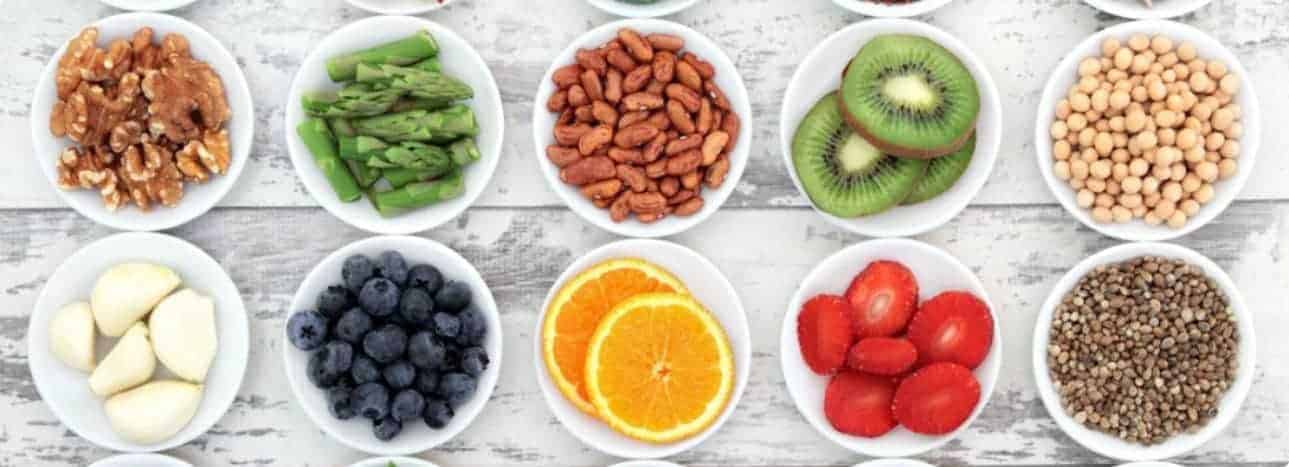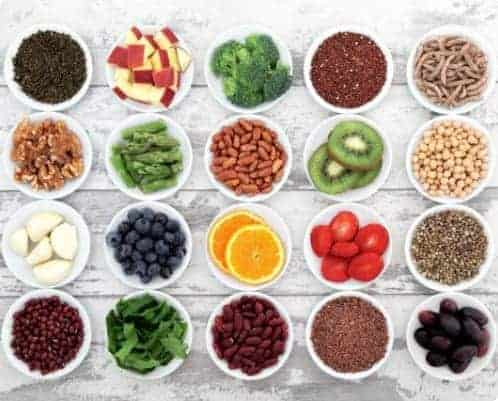1. Vitamin B12
Vitamin B12 is important for metabolism, central nervous system health, red blood cell formation, brain functioning and more.Â
However, since the only natural sources of this vitamin are meat, dairy and eggs, vegetarians (especially vegans) often develop deficiencies. Symptoms of a B12 deficiency can include: fatigue, memory loss, rapid heartbeat, dizziness, disorientation, and numbness/tingling in the hands or feet.
Where to Get it:
If you don’t eat dairy or eggs, look for B12 in soy milk, nutritional yeast, fortified cereals, fortified vegan cheese and fortified veggie burgers. Though whole foods are the best source, supplements can also ensure an adequate intake with 2.4 micrograms per day—the recommended daily amount of B12.


